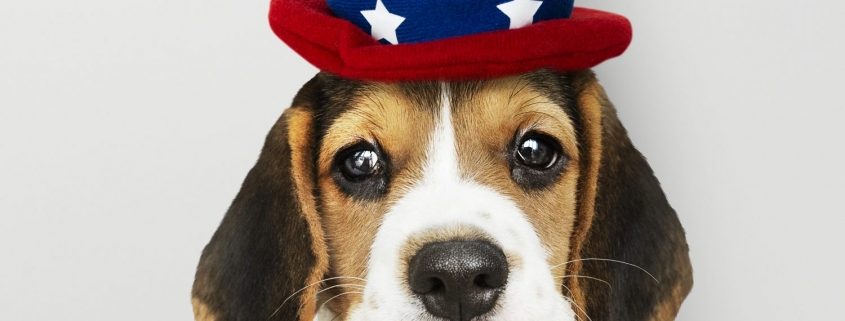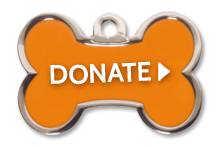Ask Crystal: Preparing for the Fourth of July
Welcome to “Ask Crystal,” where you can ask your pet behavior questions! You can submit your question for Crystal at the bottom of the page!

Dear Crystal,
I recently adopted a 1-year-old dog. I am wondering what I can do to prepare for 4th of July to make sure that she is ok and if she has any issues with fireworks that I don’t make them worse. What can I do to get ready?
Sincerely,
Prepared Dog Mom
Dear Prepared,
While the 4th of July is a day of celebration for most human Americans, it may seem like the sky is coming down to our dogs. It is really normal for a dog to be afraid of fireworks booming and shaking the house. They have no way for them to understand what is going on. Dogs tend to develop noise phobias a little later in life around 2 or 3 years old, so hopefully she doesn’t have an issue yet and you can do your best to make this year as trauma free as possible. If she does have some anxiety, there are some ways to work on the issue.
- Start out by creating a safe space for your dog. I think it’s a good idea to have one at all times but if you aren’t able to do that, have one set up for at least a week after the 4th. A lot of people have at least one neighbor that will be randomly setting off small fireworks for the next week or so.
If you have a basement, that is the best-case scenario. There aren’t windows so they can’t see the lights and the sound is a bit more muffled. Otherwise, offer your dog some options for hiding. Some dogs like to go into closets, some into bathtubs or under the bed. If your dog is crate trained, they may want to go in their crate. I would suggest not shutting the door so they don’t feel trapped and they have a choice to move around. Cover the crate with sound muffling blankets. Keep the crate away from windows.
- There are a few ways to cut down on the visual stimuli of the fireworks. Turn on a lot of artificial lighting around the house so that the flashes of light are less noticeable. Shut all blinds and curtains around the house.
- Try to drown out the noise of the fireworks with television, white noise machines, or music. There are a lot of great calming stations for dogs on music streaming apps like Spotify. Classical music has been found to be calming during stressful events as well as reggae and soft rock. If you use music a lot with your dog, it is important to switch it up or it just becomes background noise.
- You may want to pick up some natural remedies for easing anxiety. If you have a diffuser, try some soothing lavender oil. Flower essence remedies such as Bach Rescue Remedy are very popular and safe. However, most people don’t dose the dog often enough. They need to receive it 4-5 times a day for a few days for it to be effective. The Tellington T Touch massage has been shown effective in treating storm anxiety so it might be helpful in this application. You might also want to check with your local pet boutique on their recommendations.
- The day of the 4th, provide your dog with a good amount of exercise in the daytime. Being tired can really help take the edge off the anxiety. You may want to adjust her feeding and potty schedule so that she can go to the bathroom while it is still light outside. Once the fireworks start, do not let her outside. Being exposed to the fireworks while outside could make it especially scary for her and there is a high risk for her running off if she gets frightened. More pets are lost during July 4-6th than any other days of the year. Depending on the dog’s reaction, there could be a heightened sensitivity to noises hours after the event. Even after the fireworks are over, I suggest walking her on a leash outside to prevent escape attempts. Some dogs may be affected for days or weeks depending on the dog and the level of anxiety.
- It is important to understand dog body language in order to be able to decipher how your dog is feeling. There are a lot of subtle signals that you may notice which can clue you in on any anxiety or fear she is feeling. Look at the dog’s overall body posture. Does she seem still and hyper vigilant or relaxed and loose? How are her ears held? Ears held back and tight often indicate fear. Is her mouth closed or open? Closed mouth indicates the dog is concerned and listening. Open mouth is good if the panting is relaxed. If her breathing is rapid and shallow that indicates stress. Other subtle stress signals: brow ridges, lip licking, yawning, grooming, sniffing, leaning, clinging, avoidance, digestive upset, lack of focus. The more obvious signs of anxiety include: pacing, panting, drooling, attention seeking, hiding and bolting. Inside dogs may want to escape outside and outside dogs may want in.
If you notice your dog is fearful during the fireworks, all you can do is your best to comfort her and start working on a behavior modification protocol soon so you will be ready for the next firework holiday. At my neighbor’s house, that seems to be every Friday!
You may have heard advice to not to pet a fearful dog because it will reinforce her fear. Fear is an emotion and you can’t reinforce it. The dog is not in a learning state at this point. If she wants to sit on the couch with you, you can calmly pet her. The more important thing is for you not to be frantic as well because they can pick up on emotions. Emotional contagion is a real thing. If it helps, pet or massage her in a calm, soothing way. It’s the same thing as a friend holding your hand while you are scared.
- Some people may think that they should expose their fearful dog to the fireworks to force them to face their fears. Exposing a dog to its triggers at full exposure is called flooding and it not only will not improve the situation, it will likely make the fear worse. When we are desensitizing and counter conditioning dogs, we always expose the dog at a level they can tolerate and pair it with super yummy treats or play time. If your dog is showing extreme fear, it is not in the thinking part of its brain so it is not the appropriate time to try to train.
Through a Dog’s Ear and Victoria Stillwell have come out with a series of noise phobia CDs that can help you desensitize your dog to a variety of noises including fireworks. These CDS use music, sound effects and training coaching provided by Stillwell. You can also find firework sound effects on the internet to use as exposure. The goal is to play the sounds at a quiet level where your dog is still happy and pair the noises with some really high value treats or play. Play the sounds a few times a day while feeding or playing and gradually increase the volume. If your dog like to play tug or fetch, it’s a good way to test and make sure they are still feeling good at the level you are playing the sounds. Play and fear are mutually exclusive so if they won’t play and they normally will, you may need to turn it down.
Luckily, firework phobia is something that can be treated. Creating and working through a desensitization and counter conditioning protocol can be complicated so you may want to consult a Certified Professional Dog Trainer or Behaviorist to assist you. We are lucky to have a lot of great trainers in our area. Find one here. Hopefully, she won’t have an issue and you can work to prevent one from developing. Happy 4th of July!
Until next time,
Crystal







